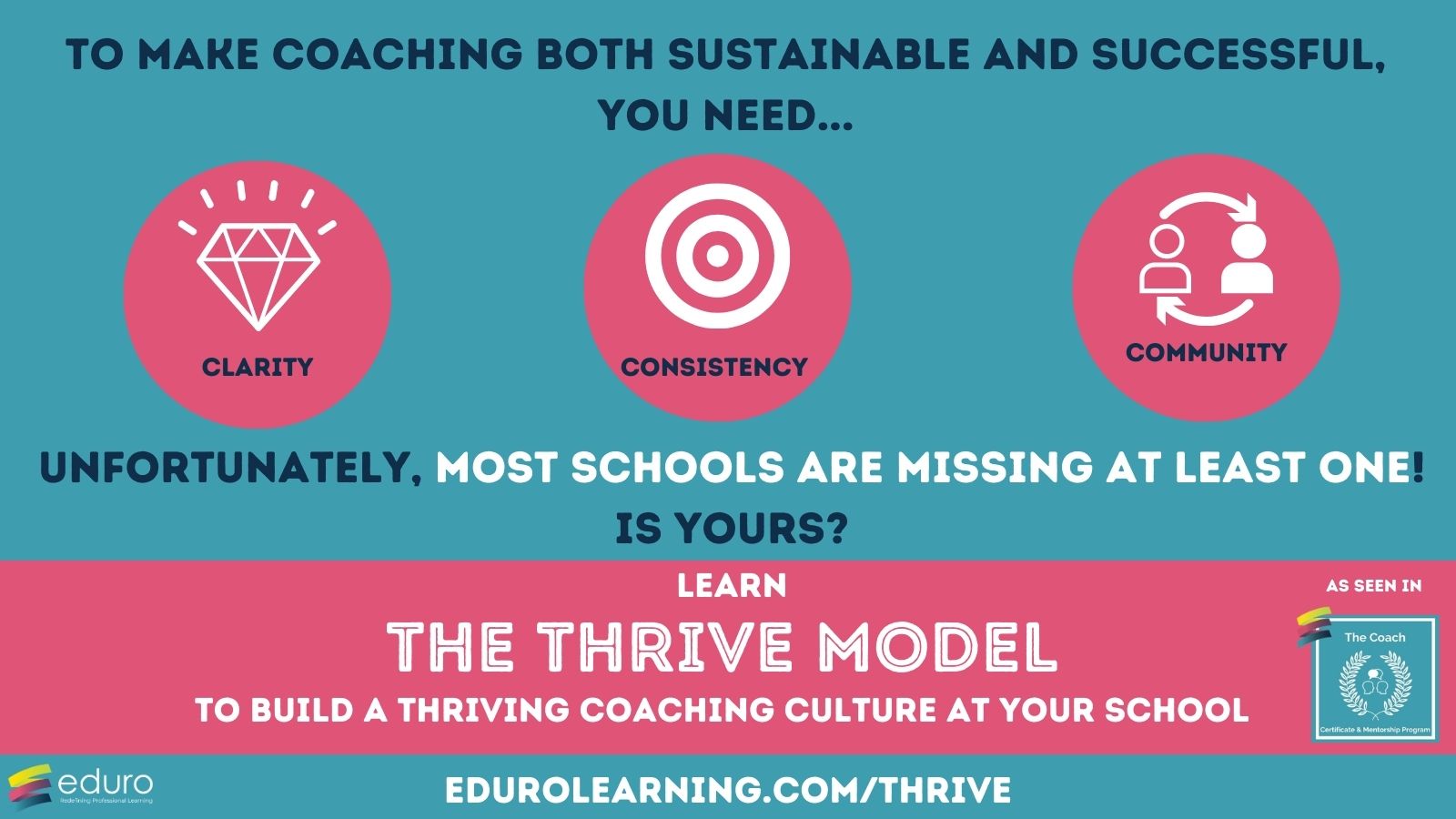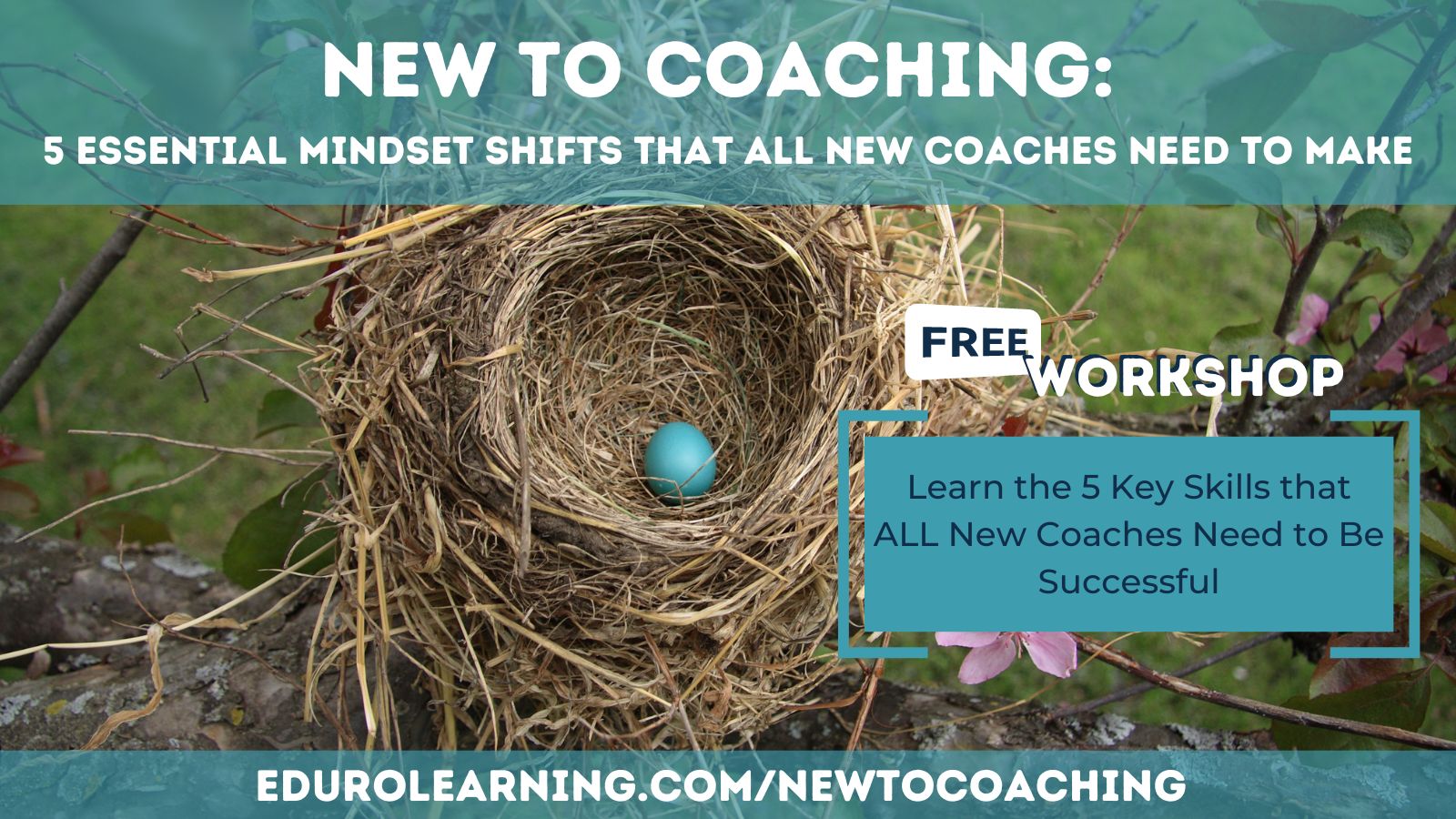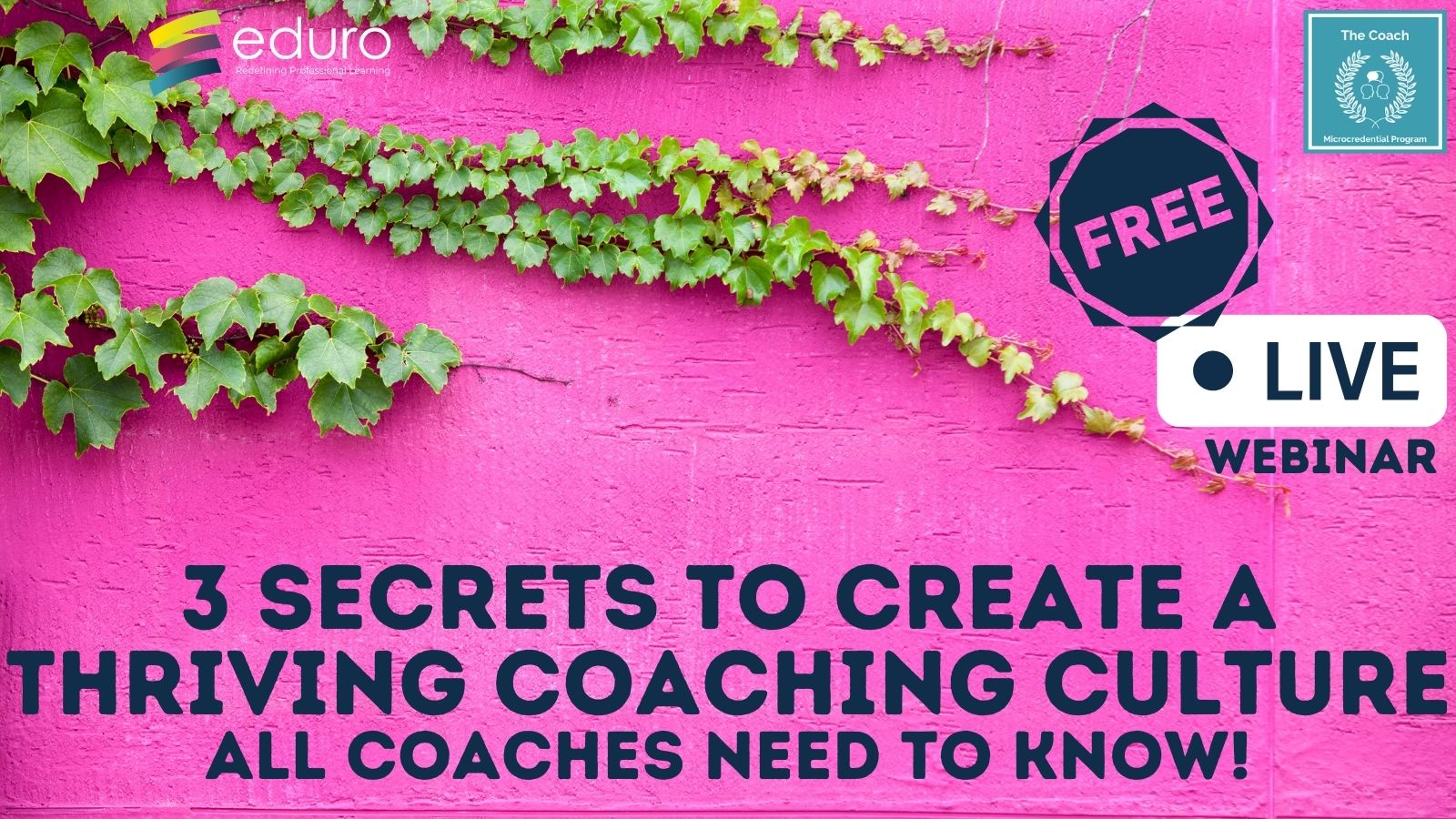This #coachbetter episode is part of our special series featuring real-life coaching conversations. This conversation was with one of Kim’s amazing clients, Marcie Lewis, who, at the time of recording, was in the global cohort of The Coach Certificate and Mentorship Program. HUGE thank you to Marcie for being willing to record this session to share with all of you!
Marcie is a PYP (Primary Years Programme) Coordinator in her school and she wants to bring more of a coaching lens to the role. In this conversation, Kim and Marcie are focusing on how to broaden the scope of her role to include more coaching conversations around teaching and learning – and less around PYP documentation and accountability.
Connect with our Featured Guest
Subscribe to #coachbetter via your favorite Podcast Player!
Bonus! Watch the Spotlight Version on YouTube!
SHOW NOTES
About Marcie in her current roles
- Been in the new role for half a year
- Divided between Library & PYP Coordinator – library includes IT stuff as well
- Previously I was teaching grade 6, which gives me more opportunities to go into classrooms
- Have been finding places where teachers need support and going in that way
- My school is small and we don’t have a lot of turnover, so I’ve worked with almost everyone
- For the most part, this is great, we know each other well, but we almost know each other too well
- Peer observations started this year – has been really successful – made visiting other peoples classrooms more of a priority.
How to shift the focus of how you have relationships with people in a professional context
As the PYP coordinator for so long, I didn’t have time to do more than the basics, so people got used to that is what my role was. Because so many people have ever worked anywhere else, they don’t know what it could be. I’m very future focused, I have these dreams and aspirations for what the role could be.
Even though I don’t have the title, I see how I can use coaching strategies in my role as PYP Coordinator. I want to shift people from seeing me as the accountability person, to building teacher capacity with PYP.
Successful:
- Teachers feel like I’m supportive in terms of keeping them accountable & on track
- Providing resources
- Keeping them up to date on research / new things to International Baccalaureate
Future:
- Bigger focus on teachers choosing a goal or something within the program to work on in terms of curriculum or instructional practices
Feedback:
- Teacher set goals at the beginning of the year
- People were instructed to choose 3 goals, with no more parameters
- In meetings, we’ll chat on what their goals are and how they’re making progress on them
- Goals don’t connect with PYP
1: Start where teachers are at & see how to open the door to deeper conversations
- Can also lead to grouping people based on their goals
- Invite people to the teams that are building – with people who don’t align
- Seeing me work with groups of teachers will help change perspectives on me
2: How can you share your vision / future
- How are you communicating what your role is
- Phase 1 made a booking link – getting some traction, slow, but steady
- Do have a menu, but don’t promote it as much as I could
- Struggling getting collaborative planning done
- Time to revisit the menu, leverage having been in the classroom for a little
- Start with a needs assessment to determine language teachers use & then target your education around that
- Make the opportunities to work together visible in your office
EXPLORE THE THRIVE MODEL
Are you working on building a coaching culture in your school setting?
To make coaching both sustainable and successful, you need clarity, consistency, and community.
Unfortunately, most schools are missing at least one! Is yours?
Use the Thrive Model to find out!
Developed after working with hundreds of coaches and leaders in international schools around the world, the Thrive Model incorporates both the macro view of a coaching program, and the micro view of a coaches practice, to bring together the three essential elements to make coaching both sustainable and successful.
Explore all of our resources about the Thrive Model at edurolearning.com/thrive

SHOW NOTES continued…
3: Build off the peer observation – hey, I can help with this
- Add a needs assessment for the upcoming peer observation
- Will help make the next cycle successful
- What’s a super small tweak you can add to this: going in partners, and then having a debrief with you (See, Think, Wonder) What could you apply in your classroom
Through my work in the Coach, I am trying to shift how I facilitate my role as PYP Coordinator, but it is difficult because it has been done one way for so long that people are very used to that structure.
How do you balance instructional coaching being voluntary/choice based with also making sure to drive school goals forward?
When teachers are setting their goal, without telling them they have to have a PYP goal, balancing the need for teacher autonomy with the need to move the program forward. As a PYP Coordinator, I want to prioritize giving people agency and ownership over their own learning, but still ensuring that it’s in alignment with where we’re growing as a team.
What should it look like, feel like, sound like? What will teachers be doing? Students be doing?
How can you allow others to lead some of these conversations
How did the conversation go
I have many notes and lots of ideas, I know I can’t tackle those all at once. I have things to prioritize and align for the next few months.
After a coaching conversation, when you’re full of ideas, start by picking something manageable and piggyback on what’s been successful already. Make “micro moves”. It doesn’t all have to happen in the short term.
Can leverage this work all the way through to fall.
What was most helpful?
Paraphrasing of my thoughts helped me to hear it back, that doesn’t always happen in conversations that I’m having at work. Hearing it back was powerful.
Ready to explore how coaching conversations can impact and improve your work as a coach?
If you’re ready to dig deeper into how Clarity, Consistency, and Community can help you impact instructional coaching in your coaching role and your school or organization – or if you’re new to instructional coaching and you’re curious about getting started, join us for one of our courses for coaches!
One of the things we’re most proud of here at Eduro is that there’s no one-size-fits-all learning – you always have choice and voice in how you learn with us. Today’s video highlights one of the key themes that you’ll find in three of our programs, and if you’re curious to take your learning deeper, we have three great options for you.
New Coaches:
If you’re just getting started as a coach, and you want to learn how to make these mindset and skillset shifts, watch our New to Coaching Workshop, which will also tell you all about our brand new course, Getting Started as a Coach.

Experienced Coaches:
If you’re already a coach & you want to think about being more intentional & strategic in your practice, watch our workshop on the Thrive Model for Coaching Success which will help you evaluate your program to see where you may have room to grow – and help you decide if our year-long mentorship and certification program, The Coach, is right for you, right now

Just like all our learning experiences, the content in both of these courses is self paced so you get access to everything immediately – but you get so much more: when you join the course, you get access to our #coachbetter global community with optional group coaching calls at various time zones to meet & connect with other coaches PLUS private office hours with me to get all your questions answered & work through anything coaching related in your unique school context.
Wherever you are in your coaching journey, we can support you!
For All Coaches
Connect with us!
- Subscribe to the podcast iTunes | Spotify | Stitcher
- Follow us on social media: Twitter | Instagram | LinkedIn
- Join our #coachbetter Facebook group
- Explore our courses for coaches
![Coaching Call: Balancing Coaching with PYP Coordination with Marcie Lewis [Ep 222]](https://res.cloudinary.com/edurolearning/image/upload/v1692248873/coachbetter%20Podcast/Marcie_Lewis_xltdnv.jpg)




Recent Comments